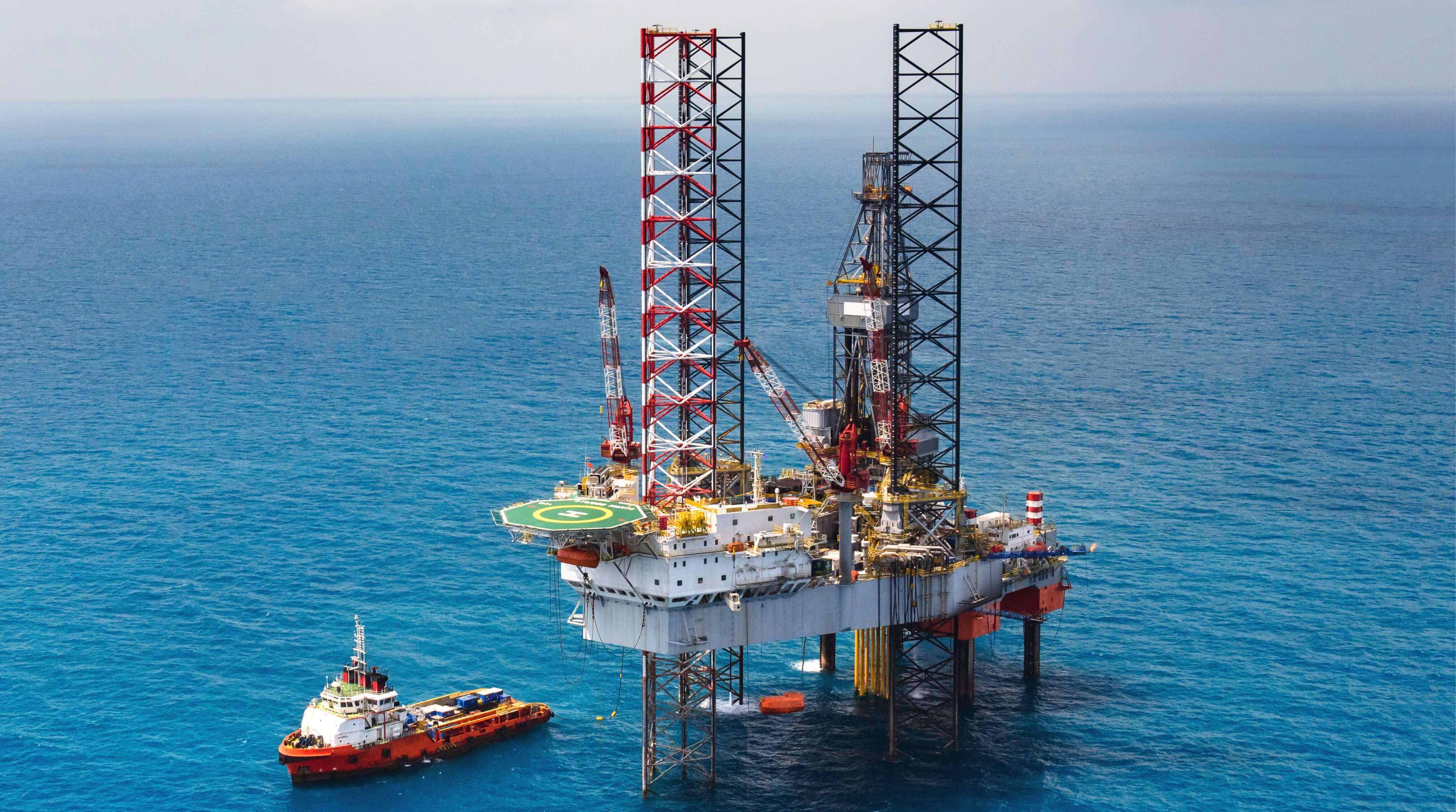Maritime law, also known as admiralty law, governs nautical issues and activities occurring on the water. This body of law encompasses various aspects, including the definition of job duties within the maritime industry, regulations surrounding marine shipping, protocols for handling cargo damage, and specific guidelines for maritime injury claims, among others. In the United States, maritime law allows for five distinct types of cases related to maritime property to be brought to federal court.
These distinct types of cases include the following:
One of the most critical elements of maritime law is its focus on workers' welfare. It provides essential legal frameworks and protections for seafarers, ensuring they have avenues for seeking justice and compensation in the event of injuries or health issues suffered at sea. This aspect underscores maritime law's pivotal role in safeguarding the rights and well-being of those who work in this challenging work environment.
Understanding the History of Admiralty Law
Admiralty law boasts a rich history, dating back to 500 AD, with significant influence from various cultures and legal frameworks. A critical early reference is the Rhodian Law, highlighted by Emperor Antoninus in 533 AD, which emphasizes the sea's governance by maritime law. Over centuries, maritime law evolved due to the crucial role of shipping in commerce and trade. The 13th-century Consolat de Mar in Spain and Italy, the 12th-century Rolls of Oléron in England and France, and other notable legislations like Sweden's Maritime Code of 1667, France's Great Ordinance of Marine of 1681, and Denmark's Danish Code of 1683 have all contributed to shaping maritime law, underlining the significance of maritime activities in global history and commerce.
The Basics of Maritime Injury Law
The Jones Act (Merchant Marine Act of 1920)
This act empowers seamen with specific legal protections regarding their health and livelihood. Under the Jones Act, injured seamen can initiate lawsuits against shipowners, captains, or crewmembers. However, the act strictly defines who is considered a Jones Act seaman and who can claim compensation.
Longshore & Harbor Workers' Compensation Act (LHWCA)
Enacted in 1927, the LHWCA is a federal workers' compensation program designed to safeguard maritime workers not covered by the Jones Act. It currently extends benefits to over half a million workers for work-related injuries and diseases. Additionally, this act provides benefits to surviving spouses, widows, widowers, and eligible dependents in cases where a maritime worker's injury or illness results in death.
Death on the High Seas Act (DOHSA)
The DOHSA, established in 1920, offers legal protection to the families of seamen who suffer injuries or fatalities while working offshore. This act allows spouses, children, and other dependents to seek legal action if the death is connected to negligence, such as the unseaworthiness of a vessel or recklessness of an employer.
General Maritime Law
Maritime law is bifurcated into two categories: federal statutes (like the Jones Act) and common law, which evolves from significant court rulings. A critical element of general maritime law is the "maintenance and cure" doctrine, providing injured seamen with living expenses, compensation for lost wages, and medical care.
Key Elements of Maritime & Admiralty Law
Maintenance & Cure
This fundamental aspect of maritime law dates back to the Rolls of Oléron around 1150 A.D., forming the basis of the modern concept of maintenance and cure. Under this doctrine, shipowners are obliged to provide "maintenance" (basic living expenses during recovery) and "cure" (necessary medical attention) to an injured seaman until they reach maximum medical improvement. Despite the U.S. Supreme Court's directive for comprehensive benefits, discrepancies often arise, with some employers providing inadequate maintenance benefits that fail to cover essential living costs.
Maximum Medical Improvement (MMI)
Maximum medical improvement (MMI) is a pivotal point in the provision of maintenance and cure benefits. It signifies the stage where no further improvement in the seaman's condition is expected, although it does not necessarily imply a return to pre-injury health. Benefits continue until this point is reached.
Doctrine of Unseaworthiness
The doctrine of unseaworthiness holds shipowners responsible for ensuring their vessels are seaworthy and safe for their intended use. This doctrine mandates that a ship must be adequately equipped, maintained, and crewed to perform its necessary functions without posing undue risk to the crew, passengers, or cargo.
Passenger Injuries
Admiralty law also protects passengers aboard vessels, imposing a duty of reasonable care on shipowners. Passengers injured due to negligence can seek legal recourse, bearing the onus to prove negligence. The statute of limitations generally spans three years but may be reduced to one year for incidents on cruise ships.
Maritime Liens & Mortgages
Entities such as banks may hold liens against a ship to secure payment. These can lead to the seizure or arrest of the vessel if debts remain unpaid. Enforcement of these actions requires proceeding through federal court.
Salvage & Treasure Salvage
Marine salvage involves the recovery of a ship and its cargo post-shipwreck, often prioritizing environmental protection. There are two types: contract salvage (based on an agreement between the ship/property owner and the salvager) and pure salvage (where no prior contract exists, but an implied agreement is recognized). Salvage claims and awards are adjudicated in court, considering the merit of the service and the value.
Jurisdiction in Admiralty Law Cases
Jurisdiction for admiralty cases is grounded in Article III of the U.S. Constitution and The Judiciary Act of 1789. This legislation extends U.S. judicial power to encompass "all Cases of admiralty and maritime Jurisdiction." Additionally, Congress has empowered district courts with original jurisdiction in civil admiralty law cases.
While some instances are exclusively within the purview of federal courts, the "saving to suitors" clause permits state courts to adjudicate admiralty cases that involve local matters. In these instances, state courts are mandated to apply federal law—as per the reverse-Erie doctrine—rather than state law to these claims.
Without applicable federal statutes, state courts may use uniform laws established by the Supreme Court. If the state court finds itself without relevant federal statutes or Supreme Court guidelines, it may apply its state law as a last resort.
Navigating Maritime Injury Claims
Offshore work, while essential, carries significant risks, often leading to serious injuries such as spinal damage or brain trauma. In such circumstances, promptly consulting a knowledgeable maritime lawyer is critical. Unlike other workers, maritime employees are not covered by state workers' compensation laws but are protected under specific acts like the Longshore and Harbor Workers' Compensation Act. Understanding these laws' nuances is vital, underscoring the importance of specialized legal guidance.
Maritime injury claims typically require litigation to achieve justice. While some cases may be settled, many require a readiness to go to trial to be taken seriously. A maritime attorney is crucial for navigating the complex legal landscape and ensuring fair treatment and compensation. Maritime employment often involves agreements or releases that might limit future compensation in case of injury or illness.
An experienced attorney can review such documents to determine their impact on your claim. They will address key factors such as the worker's status at the time of injury, the vessel's condition, crew training, and contributory factors to the injury. Proving negligence and determining contributory causes often necessitates thorough investigations, document reviews, and access to information beyond a worker's reach.
How Can Our Maritime Attorneys Help You?
At Arnold & Itkin, we are leaders in maritime law. Our firm has handled some of the most challenging, high-profile maritime cases in history, including the Deepwater Horizon tragedy and the sinking of the El Faro. In all these cases, we have proven to be trustworthy advocates for our clients. We understand the law, and we are prepared to go into battle. Our firm is not afraid of the courtroom, and our opponents know it.
This fearless approach gives us the edge at the negotiating table. It means we are prepared should it be necessary to fight for our clients in court. The results speak for themselves. Throughout the years, our maritime lawyers have won over $20 billion in verdicts and settlements on behalf of our clients. Based in Houston, we have won cases for clients from all 50 states, including Texas, Louisiana, Mississippi, and Alabama. We look forward to continuing our fight for seamen, harbor workers, and longshoremen.
At Arnold & Itkin, we pride ourselves on our proven record of protecting the rights and interests of our clients in the maritime sector. Dial (888) 346-5024 to learn more and schedule your complimentary case evaluation. Trust in our experience and dedication to pursue justice on your behalf.


























